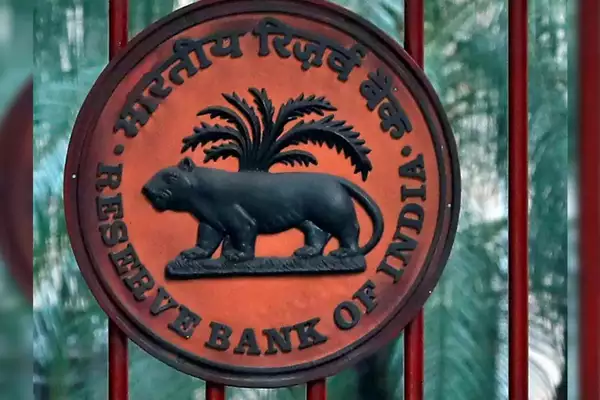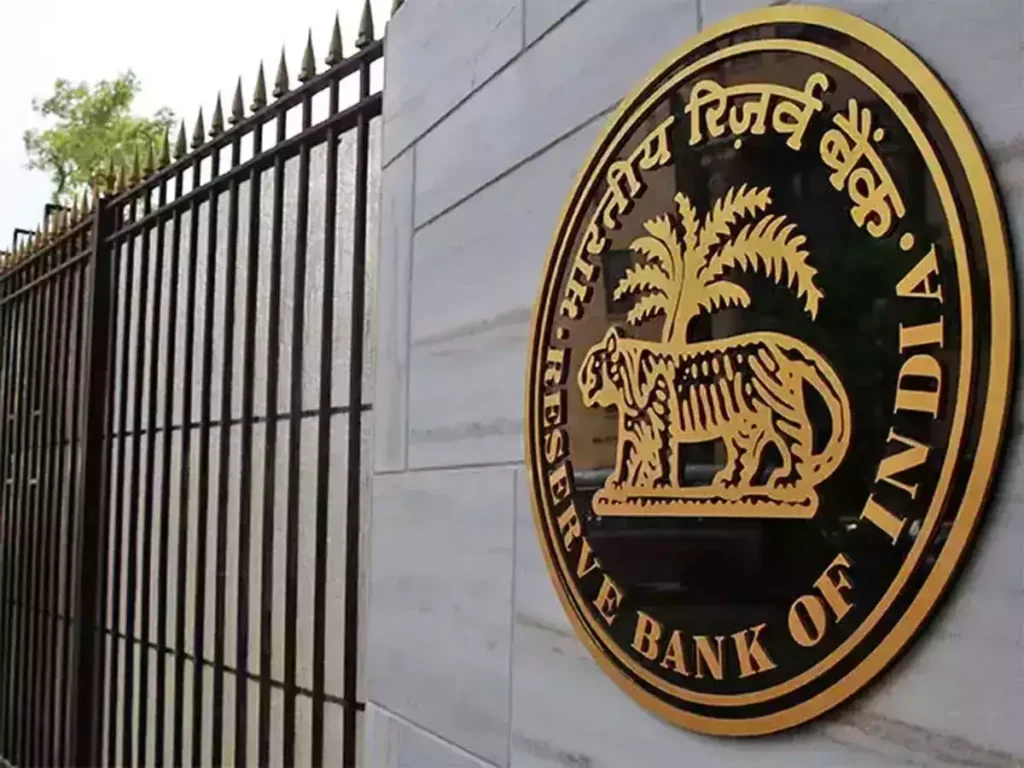The Reserve Bank of India (RBI) has recently revised the norms for provisioning of Non-Performing Assets (NPAs) in co–operative banks.
- This step aims to address inconsistencies in the treatment of Bad and Doubtful Debt Reserve (BDDR) and ensure uniformity across Urban Co-operative Banks, State Co-operative Banks, and Central Co-operative Banks.
Overview of Revised Norms
Applicability:
- The new norms apply to Urban Co-operative Banks, State Co-operative Banks, and Central Co-operative Banks.
Provisions for NPAs:
- Starting from Fiscal Year 2025, provisions must be charged as an expense to the Profit & Loss (P&L) account in the accounting period they are recognized.
- Provisions are funds set aside by a business to cover specific anticipated future expenses or other financial impacts.
- Regulatory capital treatment for these provisions will follow existing norms for capital adequacy.
Need for New Norms
- Objective: To bring uniformity in the treatment of Bad and Doubtful Debt Reserve (BDDR) and ensure consistent provisioning practices across co-operative banks.
- Existing Issues: Some banks were not recognizing required provisions for NPAs as an expense, leading to discrepancies.
Co-operative Banks:
- Types:
- Co-operative banks are classified into Urban and Rural categories.
- They operate on cooperative principles, being owned and managed by their members.
- Challenges:
- Regional Disparity: A significant proportion of Urban Co-operative Banks and their branches are concentrated in the Western and Southern regions of India.
- Dual Regulation: Co-operative banks are regulated by both state governments for managerial and administrative aspects, and by the RBI/NABARD for banking operations.
- Other Issues: Co-operative banks face challenges such as inadequate avenues for raising capital and high Gross NPAs.
Ref: Source
| UPSC IAS Preparation Resources | |
| Current Affairs Analysis | Topperspedia |
| GS Shots | Simply Explained |
| Daily Flash Cards | Daily Quiz |
Frequently Asked Question:
What are the revised norms by RBI for provisioning of NPAs in co-operative banks?
The revised norms apply to Urban Co-operative Banks, State Co-operative Banks, and Central Co-operative Banks, starting from Fiscal Year 2025. Provisions for NPAs must be charged as an expense to the Profit & Loss account in the accounting period they are recognized.
Why did RBI revise the norms for provisioning of NPAs in co-operative banks?
The revision aims to address inconsistencies in the treatment of Bad and Doubtful Debt Reserve and ensure uniformity across different types of co-operative banks. This will help improve transparency and governance in the banking sector.
What is the significance of provisions for NPAs in co-operative banks?
Provisions are funds set aside by a business to cover specific anticipated future expenses or financial impacts. By charging provisions as an expense to the Profit & Loss account, co-operative banks can better manage their NPAs and maintain financial stability.
How will the regulatory capital treatment be for provisions under the revised norms?
The regulatory capital treatment for provisions under the new norms will follow existing norms for capital adequacy. This ensures that co-operative banks maintain sufficient capital reserves to cover potential losses from NPAs and other risks.
What is the objective behind the introduction of the new norms by RBI?
The objective of the revised norms is to bring uniformity in the treatment of NPAs across different types of co-operative banks. By implementing these norms, RBI aims to enhance governance, transparency, and financial stability in the co-operative banking sector.




